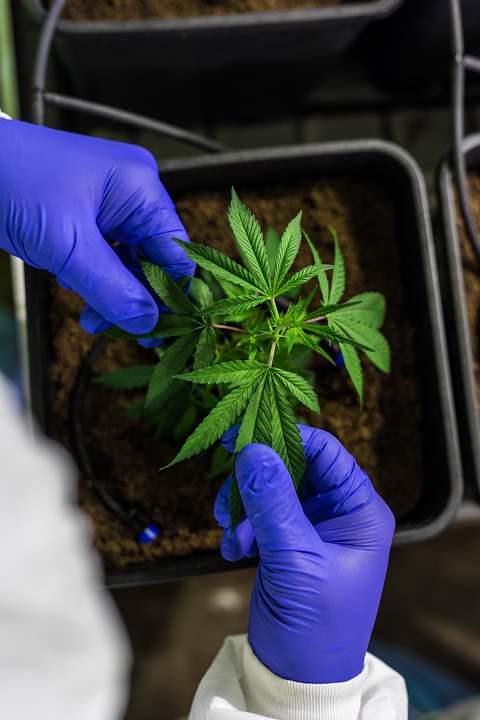The endocannabinoid system (ECS) is a complex network of neurotransmitters and receptors that play a crucial role in regulating various physiological processes in the body. One of the key components of the ECS is delta-9 tetrahydrocannabinol (THC), the primary psychoactive compound found in cannabis. Understanding how THC interacts with the ECS can help shed light on its effects on the body.
What is the Endocannabinoid System?
The endocannabinoid system is a signaling system that is involved in regulating a wide range of physiological processes in the body, including mood, appetite, memory, pain sensation, and immune response. The ECS consists of three main components: endocannabinoids, cannabinoid receptors, and enzymes that are responsible for the synthesis and degradation of endocannabinoids.
How Does Delta-9 THC Interact with the Endocannabinoid System?
Delta-9 THC is a phytocannabinoid found in cannabis that interacts with the ECS by binding to cannabinoid receptors in the body. The two main types of cannabinoid receptors are CB1 and CB2 receptors. CB1 receptors are primarily found in the brain and central nervous system, while CB2 receptors are predominantly located in immune cells.
When THC binds to CB1 receptors in the brain, it can produce various psychoactive effects, such as euphoria, relaxation, and altered perception of time and space. This is why THC is commonly associated with the “high” experienced when using cannabis. In addition to its effects on the brain, THC can also interact with CB2 receptors in the immune system, which may contribute to its potential anti-inflammatory and analgesic properties.
Conclusion
Understanding how delta-9 THC interacts with the endocannabinoid system can provide valuable insights into the effects of cannabis on the body. By interacting with cannabinoid receptors in the brain and immune system, THC can influence a wide range of physiological processes, including mood, pain sensation, and inflammation. Further research into the ECS and the effects of THC may lead to new therapeutic applications for cannabis in the treatment of various medical conditions.
FAQs
What are endocannabinoids?
Endocannabinoids are cannabinoids that are produced naturally by the body. They act as signaling molecules that interact with cannabinoid receptors in the ECS to regulate various physiological processes.
What are the potential therapeutic benefits of THC?
THC has been studied for its potential therapeutic effects in the treatment of conditions such as chronic pain, nausea, and muscle spasms. It may also have anti-inflammatory and neuroprotective properties.
Is THC safe for consumption?
While THC is generally considered safe for most individuals, it can have psychoactive effects and may cause negative side effects in some people, such as anxiety, paranoia, and impaired memory. It is important to use THC responsibly and consult with a healthcare provider before using cannabis for medical purposes.

